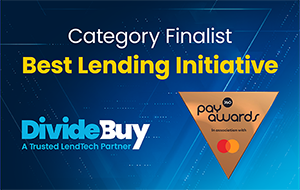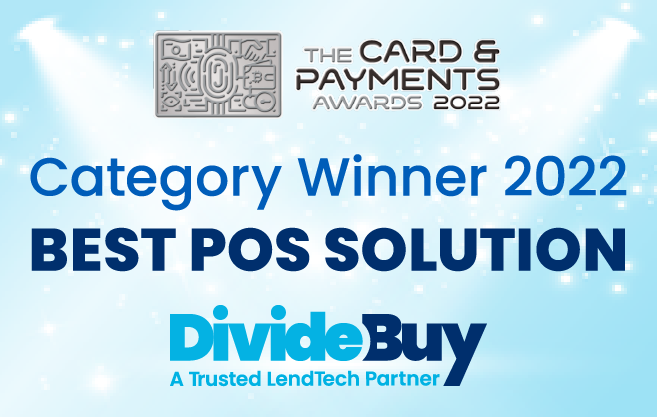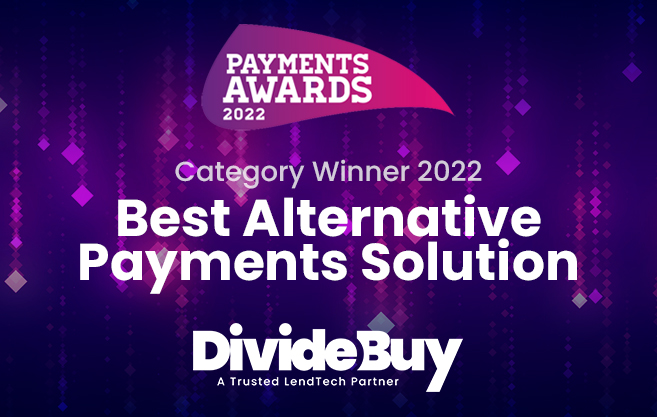The introduction of credit in the retail sector completely changed the game. Although it might seem like credit is a relatively new innovation, its history across the world can actually be traced back more than 5,000 years.
More modern forms of credit started around the 20th Century, when consumers were able to find new ways of paying for goods and services that better suited their needs, while retailers saw unparalleled benefits as their products became more widely accessible. Credit cards and loans are some of the most well-known forms of credit, but there are many others.
Fast forward to the present day and new solutions like point of sale (POS) finance are becoming increasingly popular alternative payment methods for consumers. They allow retailers the opportunity to offer more payment choices at the checkout, driving sales and expanding their customer base.
What is the definition of credit?
Put simply, credit is an agreement in which one party receives something of value with the understanding that they must pay it back at a later date.
Credit is granted by lenders, merchants and service providers who make a decision on how confident they are they a consumer can pay back what was borrowed. Sometimes interest of other finance charges can be applied.
What is consumer credit?
Consumer credit specifically refers to a type of personal finance offered to consumers, which allows them to purchase services or goods without paying the full cost right away.
Consumers are then expected to pay for the cost of the item or service over a pre-determined length of time, splitting up the cost of the payment into more manageable chunks.
Consumer credit can be offered by:
– Banks
– Retailers
– Specialist finance companies
There are two main types of credit that consumers have access to:
– Revolving credit
– Instalment credit
What is revolving credit?
The most widely known example of revolving credit is a credit card – with 62.8 million credit cards having been issued to UK residents as of January 2021.
Revolving credit is essentially an open-ended loan that can be used for any type of purchase. With revolving credit, consumers can borrow money when they need it throughout the month provided they stay below their credit limit.
There are a few rules that must be followed to qualify for revolving credit:
– Consumers must stay within their credit limit – a value determined by the provider
– They must make at least one repayment per month, on or before the account’s due date
This type of credit is known as ‘revolving’ because the amount the consumer borrows and repays each month is flexible and depends on how much they’ve spent or still have outstanding.
Each month they’re expected to pay back what they owe, with interest charges being accrued for any missed payments. As of January 2022, the average credit card interest rate in the UK was 21.6%, so staying on top of monthly payments is important.
What is instalment credit?
Instalment credit differs to revolving credit as the consumer is expected to pay back the amount they owe in regular, fixed instalments over a set period of time.
The payments are not flexible or dependent on the amount a consumer has spent in total each month, but are instead pre-determined by the provider depending on how much is owed for a particular product or service.
The price is split into equal monthly instalments that are paid over a set period of time – often this can be six or twelve months.
While instalment credit was more traditionally used for larger item purchases such as cars or furniture, it’s common now to see consumers using it for smaller purchases as it gives them the option to spread payments over a longer period of time. From luxury fashion to home furnishings, or garden furniture to sports and fitness, this type of credit is now being used across lots of sectors in the UK.
Whereas revolving credit is usually offered by banks or specialist credit card companies, instalment credit can be offered to consumers by a retailer if they have partnered with a retail finance company.
Revolving credit vs instalment credit – which is better?
As a retailer, allowing consumers to use credit to purchase your products makes them more accessible and affordable, boosting your overall sales.
Revolving credit allows consumers to make a purchase and pay back what they owe later on in the month. It’s a flexible credit option, as there is no set payment plan and they can purchase what they want, when they want, provided it’s below their credit limit.
Instalment credit provides a different solution. Consumers are often able to find a payment plan that suits their needs and pay off their purchases in smaller, and more manageable chunks. It’s becoming increasingly popular and many providers, like DivideBuy, are able to integrate the solution into retailer websites, offering more payment choice for consumers at online checkouts. It’s also commonly referred to as retail finance.
Should I offer retail finance to my online customers?
The pandemic has undoubtedly impacted the way in which we shop, and the services that consumers expect. As the high street closed its doors and eCommerce boomed, many consumers became accustomed to being offered instalment credit at the point of sale.
Not only does it benefit the consumer, by giving them access to products that they may not have been able to previously afford in one lump-sum payment, retail finance options also help boost your eCommerce sales as a retailer.
By giving your customers the option to split the cost of a payment, they are more likely to purchase the item or items as they aren’t faced with one large payment at the point of sale. This ultimately improves customer experience, reduces cart abandonment and encourages repeat custom.
Interest-free credit with DivideBuy
At DivideBuy, we offer interest-free credit solutions to retailers to help their businesses grow. We work in partnership with retailers across the UK to offer their customers more choice and convenience, ultimately driving conversions and boosting profits.
Simba Sleep, for example, saw customer conversions increase by 25% after implementing DivideBuy’s POS finance options.
Our Eligibility Checker tool allows retailers to credit check a potential buyer with no impact to their credit score. This ethical credit check means our bespoke payment plans can be designed to suit the needs and financial situation of each customer.
If you’re interested in implementing DivideBuy as your POS finance provider, book a demo today.




 Tweet
Tweet
 Facebook
Facebook


















